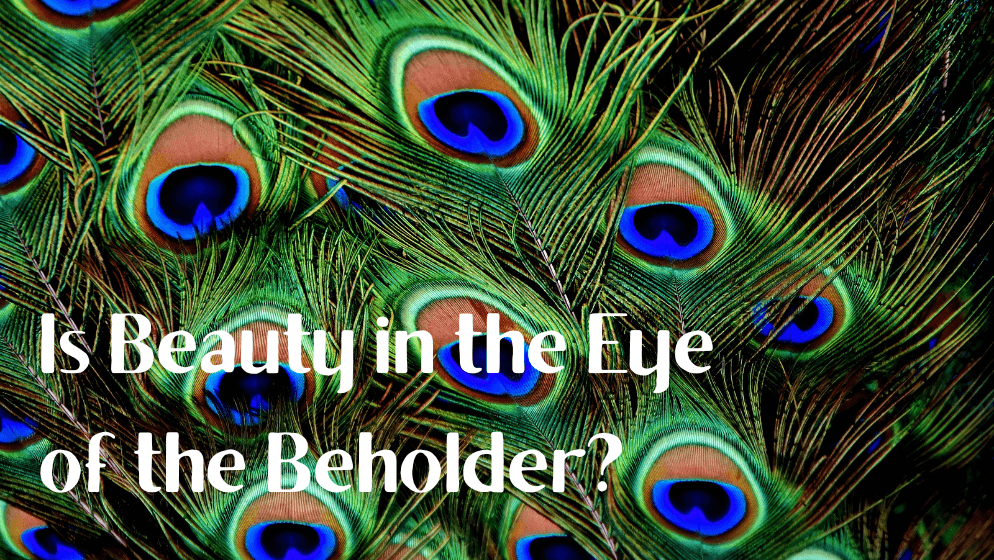One of the last short stories C. S. Lewis wrote was called “Light.” In the story a man named Robin, who was born blind, has recently had his sight restored through surgery. Robin finds himself quite disappointed with his restored sight, however, because he really wants to see that thing called “light” that he has heard so much about; and yet, while his wife and others insist that light is all around him, he can’t see light. Weeks of being able to see but not being able to see light leads Robin to despair. Of course, Robin’s problem, and even the problem of his wife and others who could not manage to help him, was that light is not something we see; light is something by which we see.
Lewis’s story illustrates well how we often approach the subject of beauty. In our modern day beauty is something we look at; it is a subject we talk about; it is something in which we take pleasure; and, therefore, beauty is ultimately subjective.
However, as with light in Lewis’s story, beauty is not merely something to think about, to look at, and to simply delight in, but rather, beauty is what we come to know God and His world through. Or, to put it another way, beauty is not simply a category that stands separate from truth and goodness; rather, beauty is the means through which we come to really know what is true and good. For this reason, beauty must be objective.



